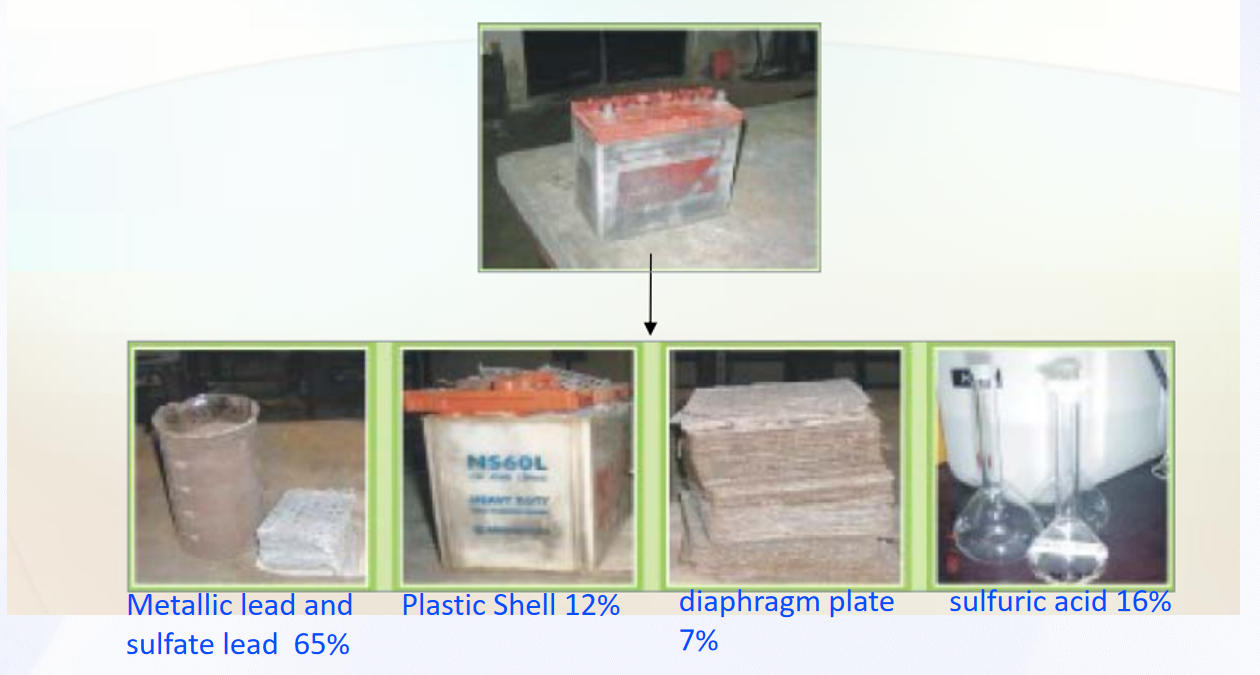Maximum size and application scenarios of lead-acid batteries
The size range of lead-acid batteries is extremely broad, depending on their specific application (e.g., automotive starting, industrial energy storage, UPS backup power, etc.). The largest known individual lead-acid battery cells (single battery units) and battery assemblies are as follows:

1. Dimensions of the Largest Single Lead-Acid Cell
Industrial-grade large lead-acid cells (e.g., for energy storage or telecom base stations) can have capacities exceeding 3000Ah, with dimensions potentially reaching:
Length: Approximately 500–800 mm
Width: Approximately 200–300 mm
Height: Approximately 300–500 mm
Weight: Up to 100–200 kg (e.g., certain 2V/3000Ah OPzV or OPzS tubular batteries).
2. Maximum Dimensions of Lead-Acid Battery Banks
Lead-acid batteries can be configured into ultra-high-capacity systems via series/parallel connections, such as:
Grid-scale energy storage systems:
Capacities reaching tens of megawatt-hours (MWh), composed of thousands of individual cells.
Footprint potentially spanning hundreds of square meters (e.g., certain lead-carbon battery storage projects in Florida, USA).
Submarine or vessel batteries:
Lead-acid battery banks in conventional submarines can weigh hundreds of tons, occupying entire compartments.

3. Extreme cases for specialized applications
Historical records:
Early 20th-century giant lead-acid batteries (e.g., for early power systems) featured individual cells exceeding 10,000Ah capacity, with dimensions comparable to small rooms.
Modern Challenges:
Due to weight and volume constraints, lead-acid batteries are increasingly replaced by lithium-ion or flow batteries in ultra-high-capacity applications. However, custom lead-acid systems remain essential in high-reliability scenarios like nuclear power plant backup power supplies.


 Maximum size and application scenarios of lead-acid batteries-Blog-battery recycling machine,Jiangxi Mingxin
Maximum size and application scenarios of lead-acid batteries-Blog-battery recycling machine,Jiangxi Mingxin